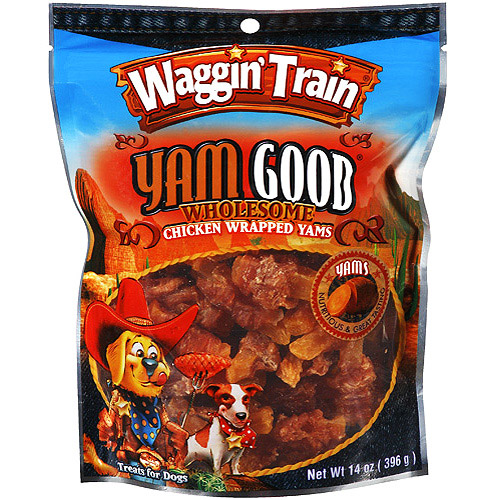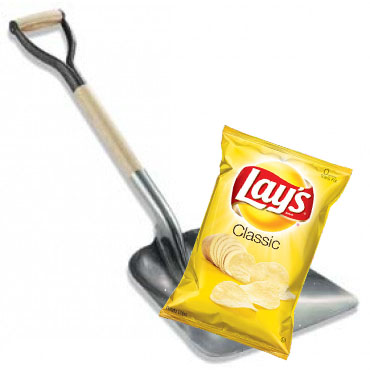Top Class Actions
Bumble Bee Got Stung This Week—with a consumer fraud class action. Yes, it’s true, I’m afraid. The worker bee of tinned seafood (I have never understood what a bumble bee is doing on a tin of tuna) is facing allegations that it repeatedly violated California and federal laws that require companies to use truthful, accurate information on their packaged food labels. (Shame, shame.)
At specific issue in the Bumble Bee lawsuit are the health claims made by Bumble Bee Foods pertaining to its tinned seafood products.
The alleged violations include failing to disclose that Omega-3 has no established Daily Value under FDA regulations, and a failure to properly disclose the high levels of fat, saturated fat and cholesterol in Bumble Bee food products on the packaging and labeling.
The Bumble Bee class action lawsuit states “To appeal to consumer preferences, Bumble Bee has repeatedly made unlawful nutrient claims on products containing disqualifying levels of fat, sodium and cholesterol. These nutrient content claims were unlawful because they failed to include disclosure statements required by law that are designed to inform consumers of the inherently unhealthy nature of those products. ”
The lawsuit states, by way of example, “Tuna Salad Original with Crackers Kit” has 18g of fat per labeled serving, but does not bear a statement that fat exceeding the specified level is present.
The Bumble Bee Foods lawsuit is a nationwide class seeking to represent consumers who purchased Bumble Bee products labeled “Rich in Natural Omega-3” or “Excellent Source Omega-3” within the last 4 years. The California-based law firm of Pratt & Associates is representing the plaintiffs in this class action.
Top Settlements
Something a Little Loco ‘Bout Vita Coco…While we’re on the subject of consumer fraud—a preliminary settlement has been reached in the consumer fraud class action lawsuit against All Market Inc. d/b/a Vita Coco. You must remember this—(a kiss is just a—no—wrong song sheet)—it’s the miracle vitamin water. After all, it does everything including taking the garbage out.
If you purchased Vita Coco Products between August 10, 2007 and the present you may be entitled to a payment from a class action settlement.
Under the terms of the settlement, Vita Coco agreed to set aside $1 million (the “Cash Settlement Fund”), which will provide for payments to Settlement Class Members who timely file claims of up to a maximum of $25.00 with Proof of Purchase (as defined in the Stipulation) and $6.00 without Proof of Purchase. Vita Coco has agreed to provide $1 million current retail value in product vouchers, which can be redeemed by Settlement Class Members who timely file claims in lieu of cash up to a maximum of $36.00 with Proof of Purchase or $8.00 without Proof of Purchase.
There are other conditions the company has agreed to as part of the Vita Coco settlement, which you can find here along with your options as a class member- e.g., do you want to remain in the settlement class, or would you like to be excluded…where do you obtain forms, those kinds of things.
This settlement is only preliminary. The Court will hold a hearing on August 22, 2012 to consider whether to grant final approval of the settlement and whether to grant Class Counsel’s (as defined in the Stipulation) request for attorneys’ fees, reimbursement of expenses and incentive awards for class representatives.
Good Citizens They Weren’t but…It’s Payback Time! Citizens Bank has agreed to pay $137.5 million (Cha Ching!) to settle a class action lawsuit which accused the bank of manipulating its customers’ debit card and ATM transactions in order to generate excess overdraft fee revenues for the bank.
The lawsuit is part of multidistrict litigation involving more than 30 different banks entitled In re Checking Account Overdraft Litigation, case number 09-cv-02036, is pending before U.S. District Judge James Lawrence King in Miami. Citizens Bank is part of Citizens Financial Group which, through RBS Citizens, N.A. and Citizens Bank of Pennsylvania, operates more than 1,500 retail banking branches throughout the Northeast, the Mid-Atlantic and the Mid-West.
The Citizens Bank lawsuit claims that the bank employed software programs designed to extract the greatest possible number of overdraft fees from its customers. According to the lawsuit, Citizens Bank re-sequenced its customers’ debit card and ATM transactions by posting them in highest-to-lowest dollar amount, rather than in the actual order in which the transactions were initiated by the customers and authorized by the bank. According to the lawsuit, this internal bookkeeping practice resulted in Citizens’ customers being charged substantially more in overdraft fees than if their debit card and ATM transactions had been posted in the order in which they were authorized by the bank.
I wonder if that settlement amount includes interest?
And on that note—happy weekend. Where’s the gin got to…


 Top Class Actions
Top Class Actions